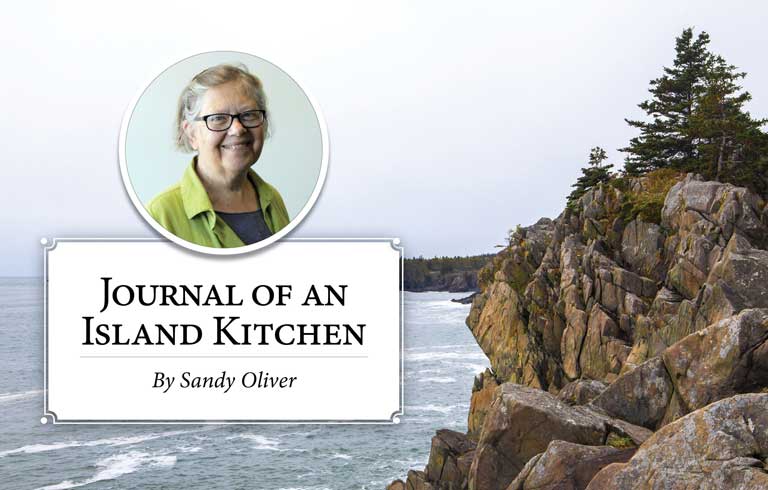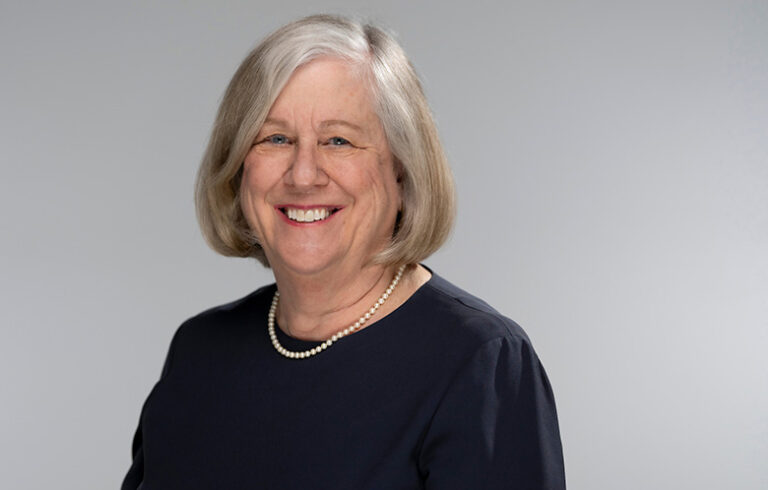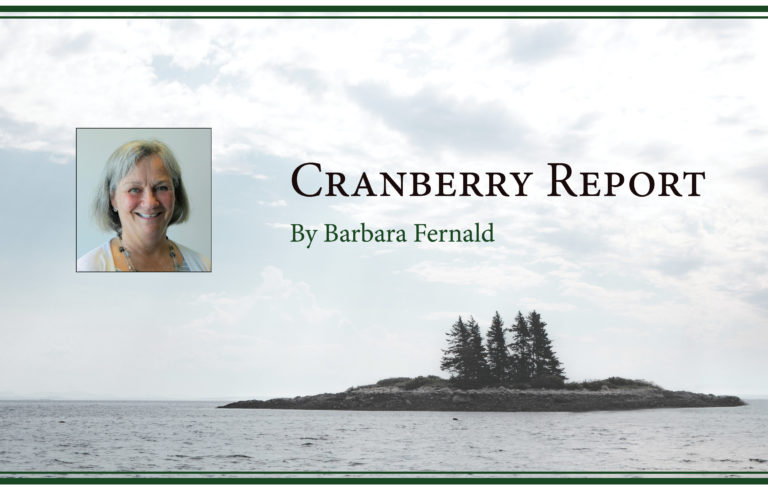By the summer of 1979, like many human beings around the globe and in times past, I ate relatively little meat. It wasn’t a matter of principle. I ate vegetables and grains largely for economic reasons, employed at a job qualifying me for food stamps for which I never applied. That summer I met the man who would be my husband of many years.
An ethical vegetarian, he’d been sickened by the experience of working in one of Belfast’s chicken processing plants before the industry moved south. The meal I cooked for our first date was all vegetables though I didn’t know he was a vegetarian. He was suitably impressed, entirely accidentally.
Being a vegetarian in the 1980s, though becoming more common, was still considered abnormal. We ate fish and dairy so our preferences could have been harder to accommodate.
In those days, vegetarian restaurants were scarce and most eateries offered no all-vegetable entrees.
In those days, vegetarian restaurants were scarce and most eateries offered no all-vegetable entrees; when eating out we’d order from the appetizer and salad menus.
Our favorite place to eat was a Lebanese restaurant with mezze. Mexican places offered a big spread of nachos and Indian restaurants served all-vegetable thali.
The Vegetarian Epicure and Mollie Katzen’s Moosewood Cookbook piloted me through lots of homemade meals in those pre-internet days. Once, a local newspaper having heard we were vegetarians, called me to ask what we ate at Thanksgiving, to which I replied “everything else,” since we could count on lots of side dishes plus dessert pie and not miss turkey so very much. Well, I missed turkey soup.
When we moved to a new town to caretake a small historical society, word got around about our vegetarianism. People meeting us for the first time used to say, “Oh, you are vegetarians, aren’t you?” Our reputation clearly preceded us.
I was sorry, though, to see how flummoxed a host could be with a vegetarian at the table. Our peers were more relaxed; some even cooked a few vegetarian mains as part of their weekly fare.
We’d say, “Please don’t fuss, we can eat just vegetables and salad,” but people strained to make sure there would be something we’d enjoy. My mother’s fallback was mac and cheese; my husband’s mother would say, “I don’t know what you fellas eat.” We’d say “anything except meat;” she’d often end up taking us out to eat.
Still, I was sadly aware that our choice skewed meals with others and as much as they might like us, entertaining us gave them pause.
We eventually moderated our stance, eating animal products, even raised pigs and chickens for food while continuing to cook favorite all-vegetable meals, though I think animal protein is overrated.
In the intervening 45 or so years, mealtime divisiveness, along with so much else in our society, has become astonishingly prevalent.
A younger generation whose systems have been bombarded from childhood with chemical assaults that we’ve only begun to understand, have allergies and food sensitivities we never imagined, never mind being pelleted with sometimes contradictory information about what is good for us to eat.
In my 20s, there was Weight Watchers. Since then, dozens of exotic regimens for controlling our diet have evolved: low-fat, fat-free, gluten-free, keto, paleo, low-carb, no carb, and recently veganism and a carnivore diet, often, I hear, embraced by men providing a short-cut to gout.
Eggs were dissed, then restituted. Anxiety about cholesterol, and desire for HDL (good) and not LDL (bad), created a great market for salmon, but raised concerns over wild versus farmed.
Most packaging touts what isn’t in the food or frighteningly cautions us about safe handling. Like many of my generation, I was raised to eat what was put on my plate and be grateful. Impossible now. We ask potential guests about food allergies or avoidances before planning a menu.
The beneficiary? Food product manufacturers who obligingly embrace the recent buzz enabling us to proceed unthinkingly as long as our philosophy appears on the label
The upshot? Family meals either evaporate or reflect the most restrictive diet of a member. As I aged, a sliding hiatal hernia eliminated some favorites, except in the smallest possible servings, manageable but no damn fun. And now I have a vegan household member bursting with virtue over social justice, compassion for animals, and anger about corporate mangling of our food system and a cockeyed agriculture system running riot on the climate. She’s right about most of it.
I hate to say, however, how much I like eating with my own omnivore kind, free from anxiety about someone feeling discomfitted by the food on the table.
It’s probably karma.
Sandy Oliver is a food historian who writes, gardens, and cooks on Islesboro. She may be contacted at SandyOliver47@gmail.com.





